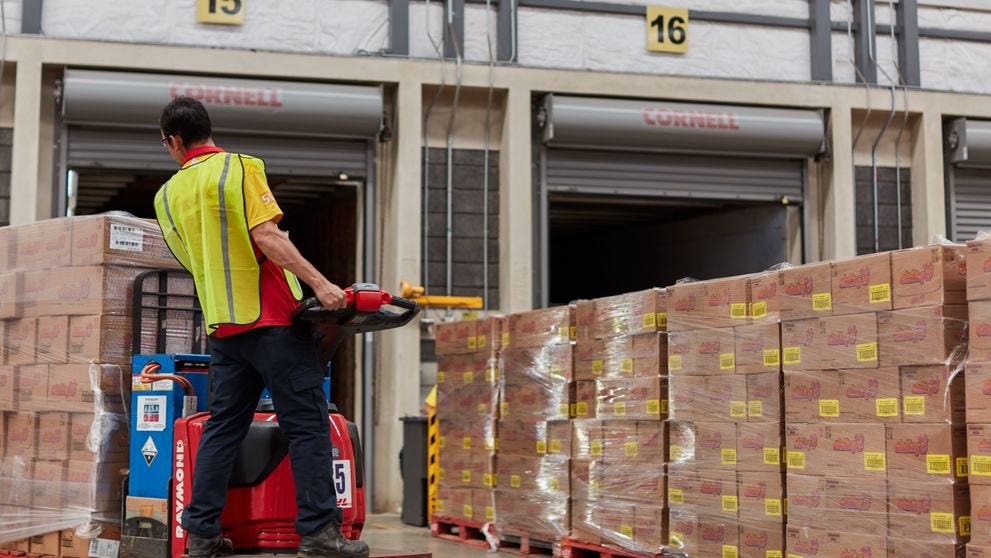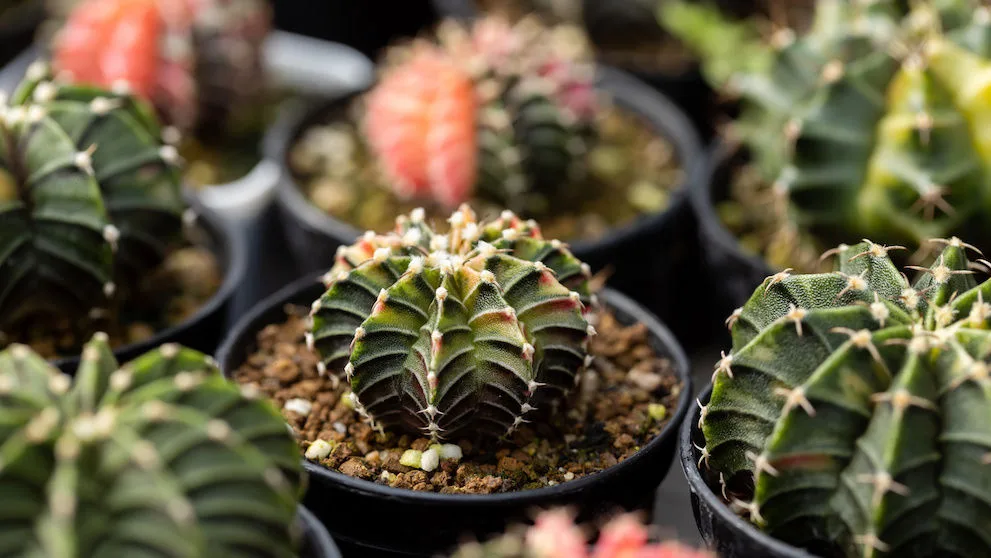
Thailand's spice and herb industry is a treasure trove of unique and exotic flavours that are just waiting to be shared with the world. From the spicy heat of bird's eye chilli to the floral aroma of lemongrass, the herbs and spices from Thailand are renowned for their ability to awaken the taste buds and elevate any dish. Whether they are added to curries, stir-fries, or soups, these intoxicating ingredients lend a complexity and depth of flavour that is unrivalled. Needless to say, Thailand’s herbs and spices are deeply ingrained in the nation's culture and cuisine. And with their increasing popularity worldwide, these herbs and spices are not just helping put the country on the map, they are also creating new opportunities for farmers, entrepreneurs, and foodies alike. In fact, the accelerating utilisation of herbs and spices in food items is fueling market expansion. The global herbs and spices market is expected to grow from US$171 billion in 2023 to US$243 billion by the end of 2033, as indicated by Future Market Insights. In this blog, we will explore the world of Thai spices and herbs, their journey from farm to table, and the steps involved in bringing these flavours to the world.
Herbs and spices commonly exported from Thailand
Thailand's exquisite cuisine is renowned for its tantalising blend of heat, sweetness, and sourness that effortlessly boosts every meal into a culinary masterpiece. Central to this cuisine is the country's electrifying variety of herbs and spices, which are fast becoming a staple ingredient in kitchens across the globe. If you’re looking to incorporate these unique herbs and spices into your dishes for a burst of flavour, below is a list of the most popular exports that will appeal to even the most discerning palates:
Thai Basil
Thailand, known for its bold flavours, has a rich selection of dry herbs and spices exported worldwide. Dried herbs, including Thai basil, are easy to store and have a longer shelf life compared to fresh herbs. Its availability in dried form also facilitates cross-border shipping, making it easily accessible to Thai communities worldwide for the purpose of home cooking. Thai basil is a fragrant and peppery herb that is a crucial ingredient in several Thai recipes. Recognised for its visually striking purple stem and serrated leaves, this herb flaunts a vibrant colour that not only adds flavour to the dishes but also enhances their aesthetic value. Not to mention, Thai basil contains a host of health benefits due to its high content of vitamins and essential oils, which helps to boost the immune system and improve digestion. A prized possession of Thai culinary heritage, Thai basil has undoubtedly earned its place in the global market.
Lemongrass
Lemongrass, a commonly used spice in Thai cuisine, is a herb that adds a distinct flavour and aroma to dishes. It is well-known for its citrusy and floral notes, making it a popular choice for teas, soups, desserts and more. Thailand, one of the largest exporters of dry herbs and spices in the world, has been capitalising on the popularity of lemongrass by shipping it to various countries internationally. This herb is available in several forms, including fresh, dried, powdered, and as an essential oil. Its versatility and medicinal properties make lemongrass a valuable addition to the spice and herb industry.
Galangal
Galangal is one of the most popular dry herbs exported from Thailand. It belongs to the ginger family and has a sharp, earthy flavour with a slightly citrusy aroma. There are two main types of galangal: greater and lesser. The greater galangal has a stronger, more pungent taste, while the lesser galangal is milder and sweeter. Both are commonly used in soups, stews, and curries, particularly in Thai cooking. Believed to have numerous health benefits, including anti-inflammatory, antibacterial, and antiviral properties, the herb is also commonly used for medicinal purposes, particularly in traditional herbal medicine.
Countries that import Thailand’s herbs and spices
Thai spices and herbs are coveted around the world for their zesty, refreshing taste and medicinal properties. According to TrendEconomy, Thailand exported US$67 million in herbs and spices in 2021. Among the top export destinations were Pakistan, Japan and the United States of America (USA), bringing in a total share of approximately US$44 million, proving the popularity of these aromatic ingredients. With their intense flavours and health benefits, it is no wonder that these three countries continue to import Thai spices and herbs to enhance their culinary creations.
These dry herbs and spices not only have a significant impact on the culinary scene in the aforementioned countries, but also play a vital role in the personal cooking practices of locals, especially among Thai communities living abroad. For Thai expatriates, having access to authentic Thai herbs and spices is essential for recreating the traditional flavours of their homeland and adding a touch of nostalgia to their dishes. By incorporating these herbs and spices into their recipes, they can maintain a connection to their cultural roots and enjoy the rich, vibrant flavours the Thai cuisine is known for. With the personal use of Thai herbs and spices, the culinary traditions of Thailand continue to thrive and make an indelible mark on global cuisine.


















